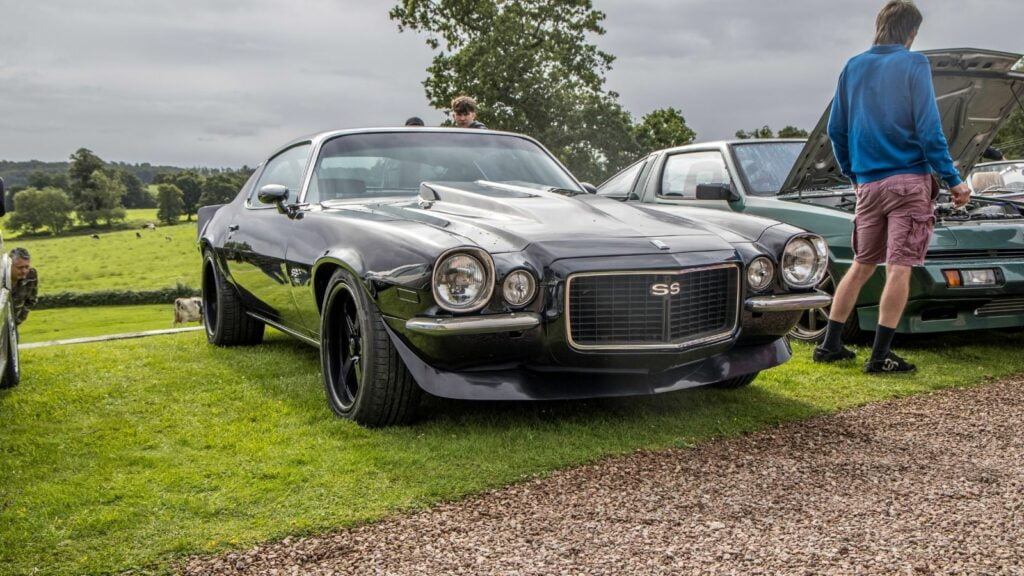No one could have imagined that a car could have gone beyond its mere transportation function. The last decade has seen a revolution on wheels, which has transformed the way we think about automobiles. Here are 10 cars leading the charge with groundbreaking technologies.
Tesla Model S (2012)
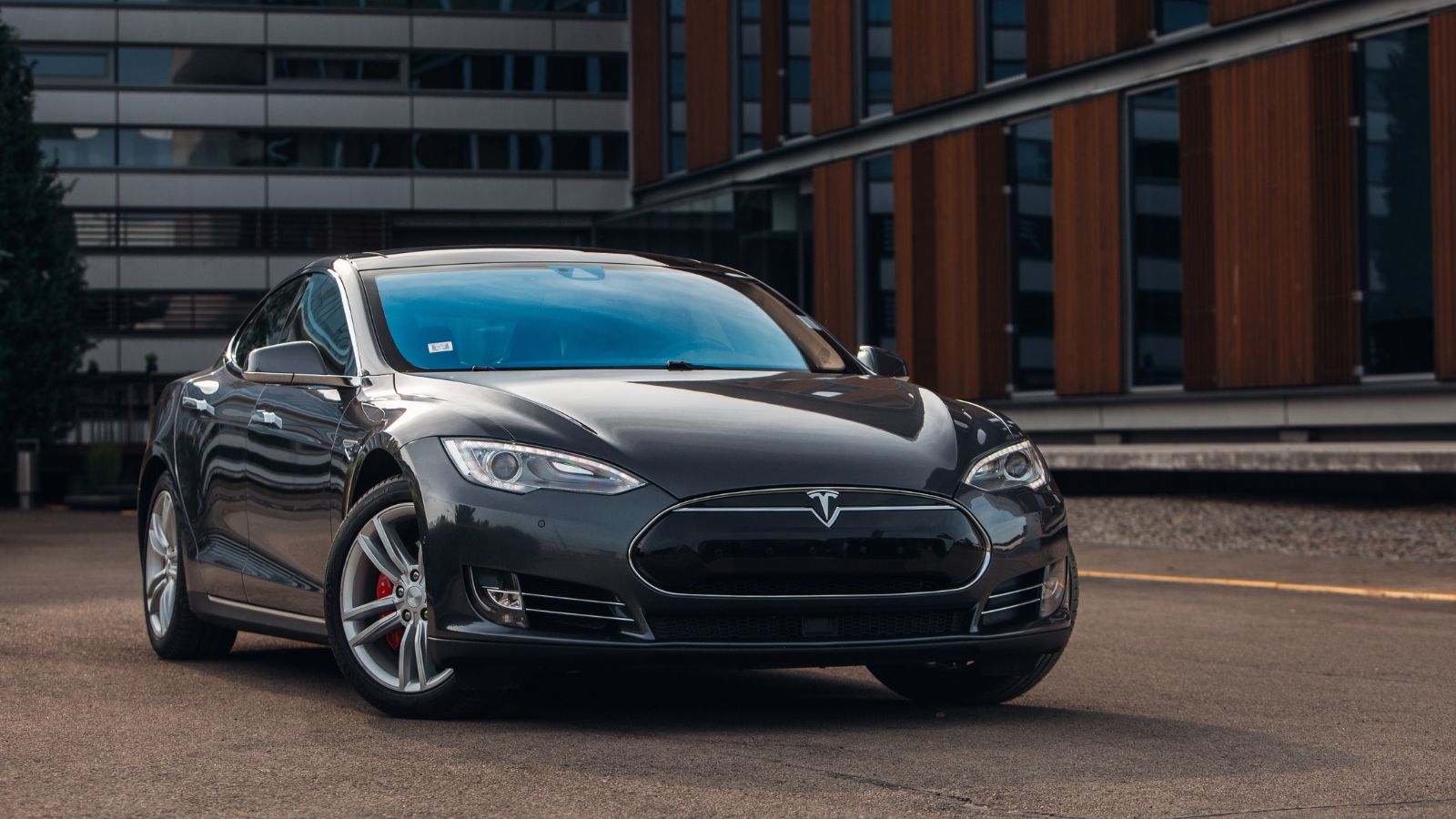
The Tesla Model S redefined electric vehicles (EVs) with its remarkable range, performance, and cutting-edge technology. Introduced in 2012, the Model S was the first EV to offer over 300 miles of range on a single charge, thanks to its advanced battery technology. It also featured over-the-air software updates, allowing Tesla to remotely improve the car’s functionality. Autopilot, Tesla’s semi-autonomous driving system, debuted on the Model S, showcasing the potential of autonomous vehicle technology and setting a high bar for future developments in the industry.
BMW i3 (2013)
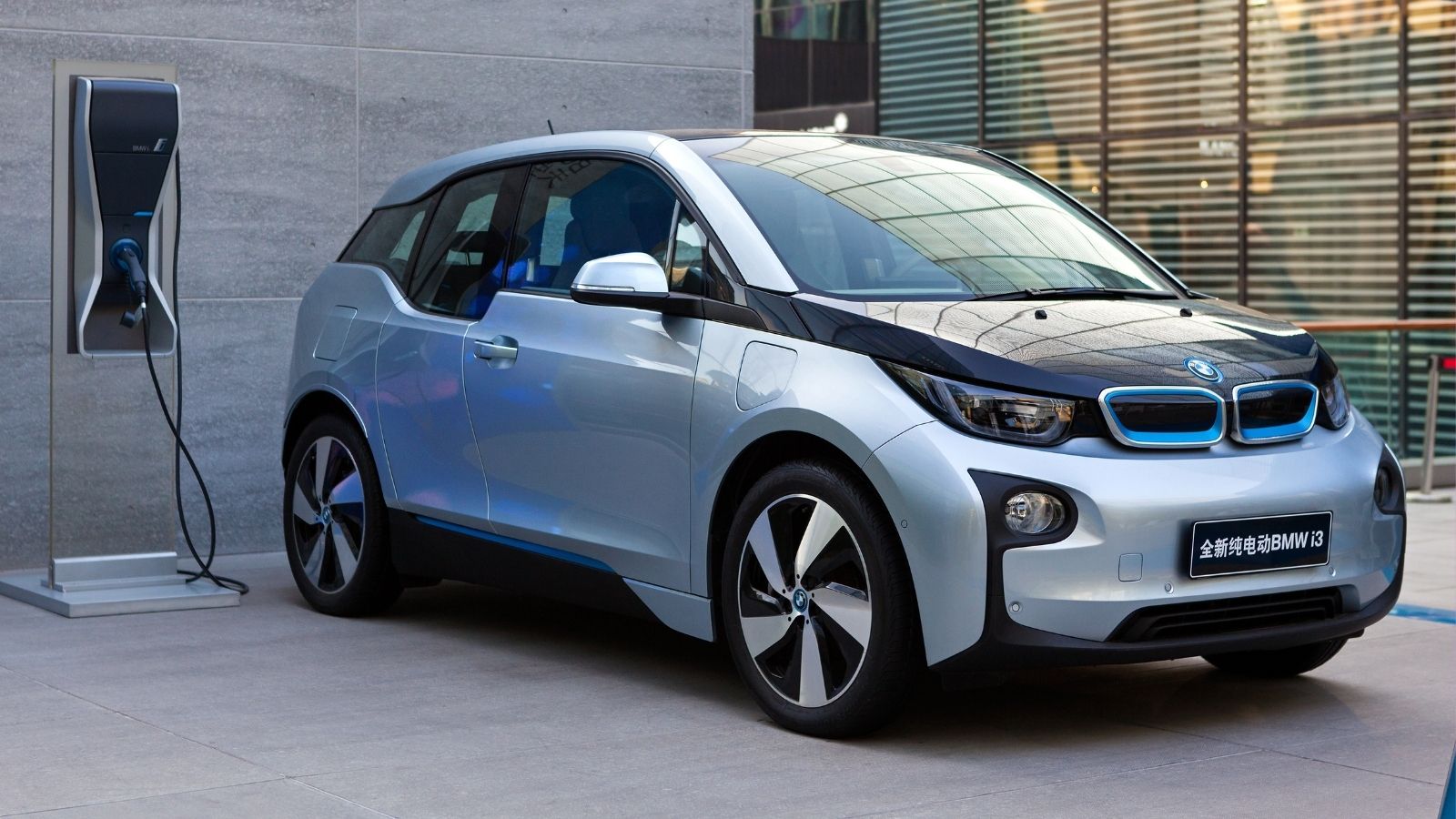
The BMW i3 was a trailblazer in sustainable automotive design and urban mobility. Launched in 2013, it featured a carbon-fiber-reinforced plastic (CFRP) body, making it lightweight and efficient. Its unique construction helped improve energy efficiency and reduce emissions. The i3 also introduced the concept of a range extender, a small gasoline engine that could recharge the battery, alleviating range anxiety for EV drivers. This innovative approach combines electric and traditional propulsion systems in a compact, city-friendly package.
Mercedes-Benz S-Class (2013)
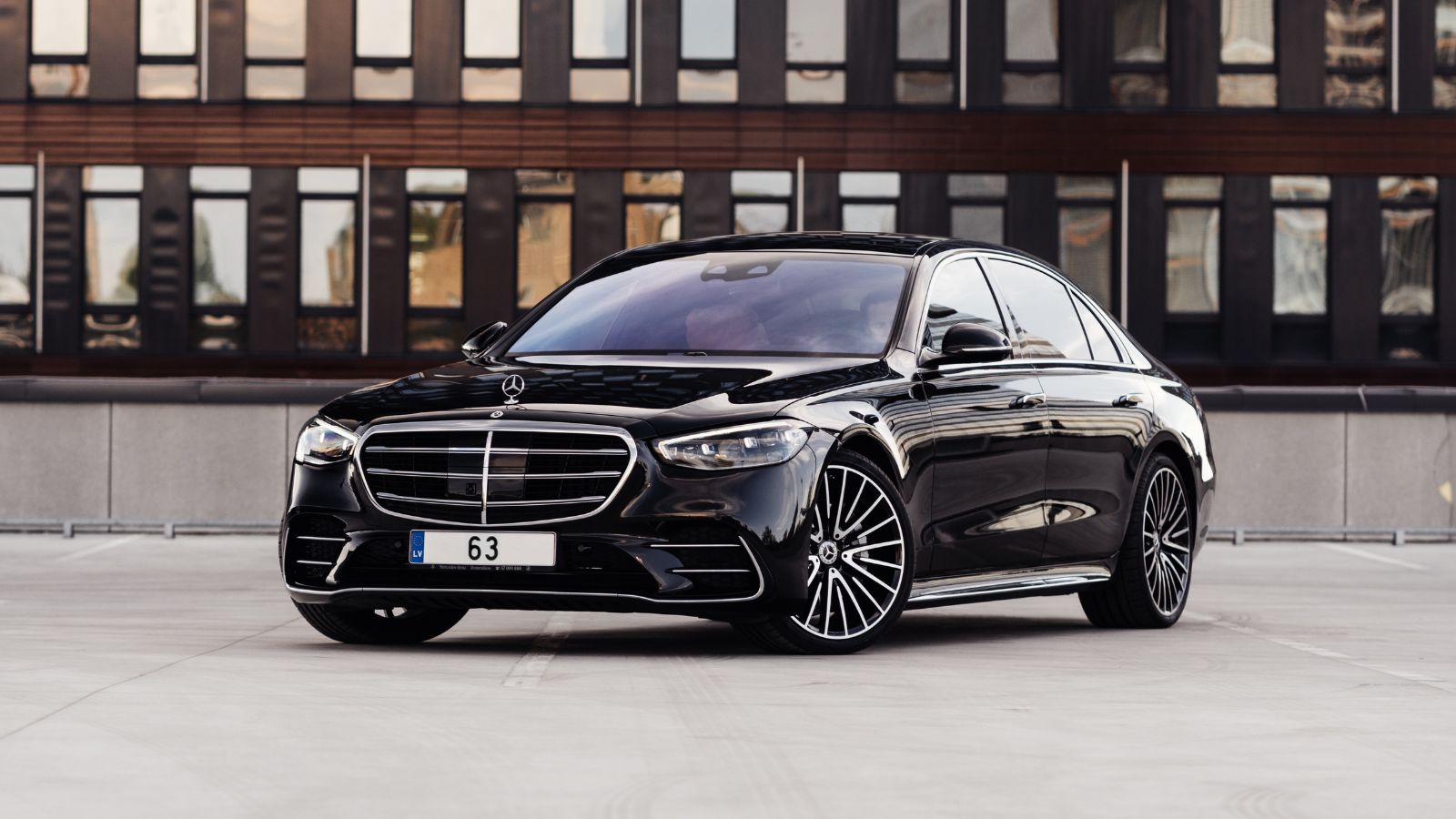
The 2013 Mercedes-Benz S-Class set new standards for luxury and safety with its suite of innovative technologies. It was the first car to feature Magic Body Control, an advanced suspension system that uses cameras to scan the road ahead and adjust the suspension in real time for a smoother ride. The S-Class also introduced adaptive high-beam and night vision assist, enhancing visibility and safety during night driving. These features showcased Mercedes-Benz’s commitment to integrating cutting-edge technology with luxury and comfort.
Chevrolet Bolt EV (2016)
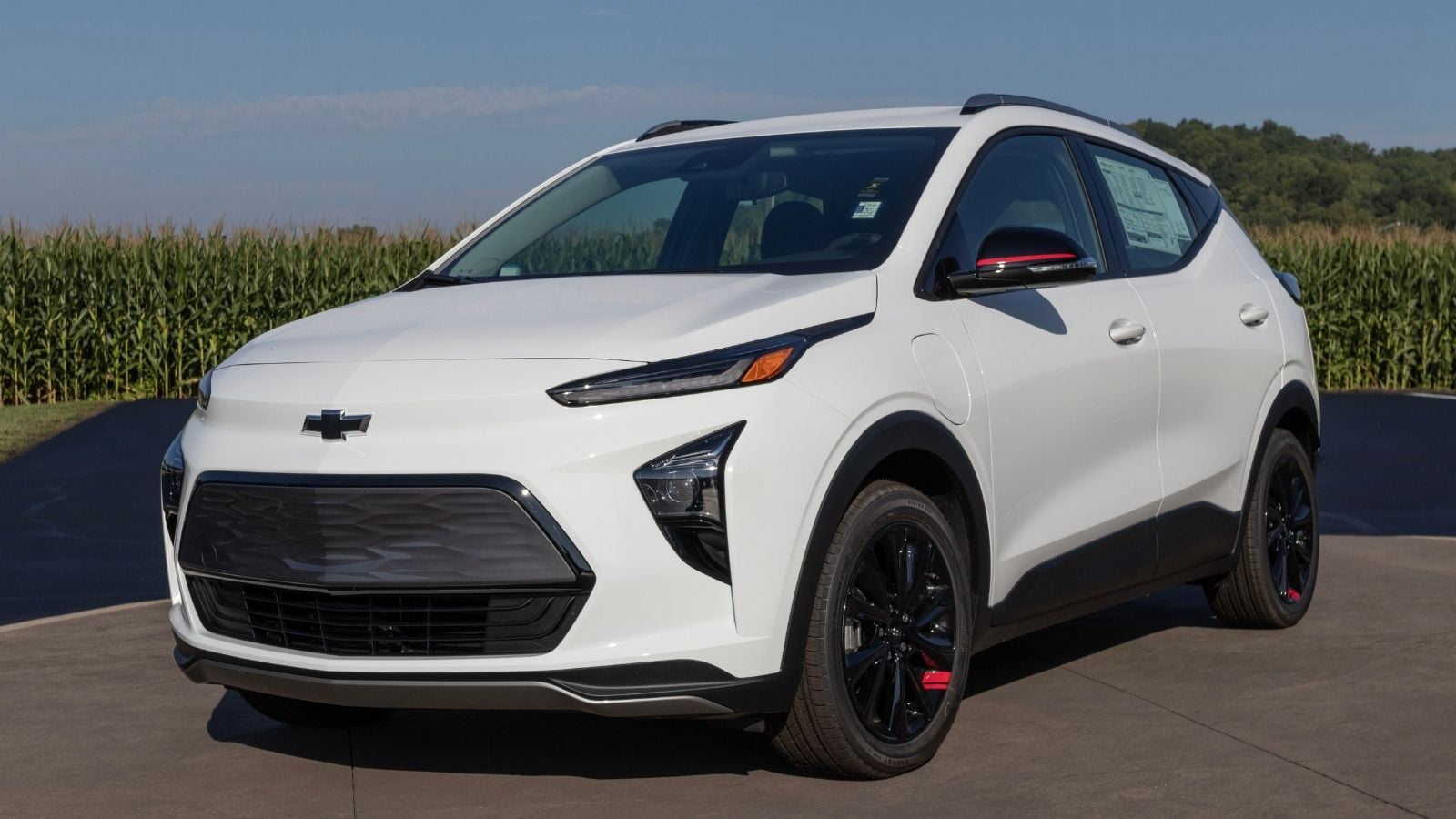
The Chevrolet Bolt EV marked a significant milestone in the electric vehicle market by making long-range electric driving accessible to the masses. Introduced in 2016, the Bolt EV offered over 200 miles of range at a relatively affordable price point, breaking the cost barrier for many potential EV buyers. It also featured a spacious interior and advanced infotainment system, proving that practicality and technology could coexist in an affordable electric car. The Bolt EV played a crucial role in accelerating the adoption of electric vehicles in the mainstream market.
Volvo XC90 (2015)
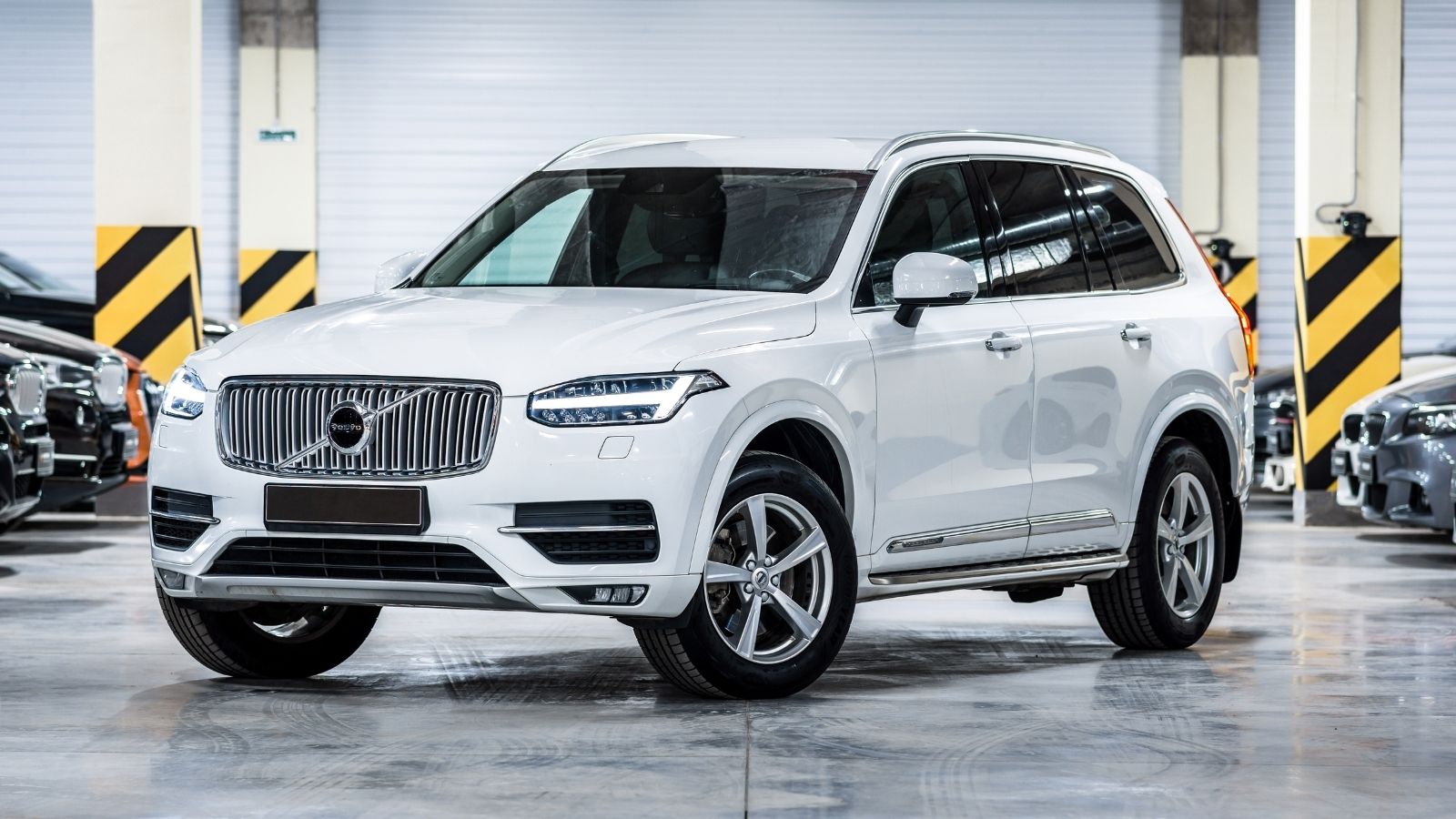
The Volvo XC90, introduced in 2015, was a game-changer in automotive safety. It was the first car to feature a suite of semi-autonomous driving features, including Pilot Assist, which allowed the vehicle to steer, accelerate, and brake on its own under certain conditions. The XC90 also debuted Volvo’s City Safety system, which included automatic emergency braking and pedestrian, cyclist, and large animal detection. These innovations set a new benchmark for advanced driver-assistance systems (ADAS).
Audi A8 (2017)
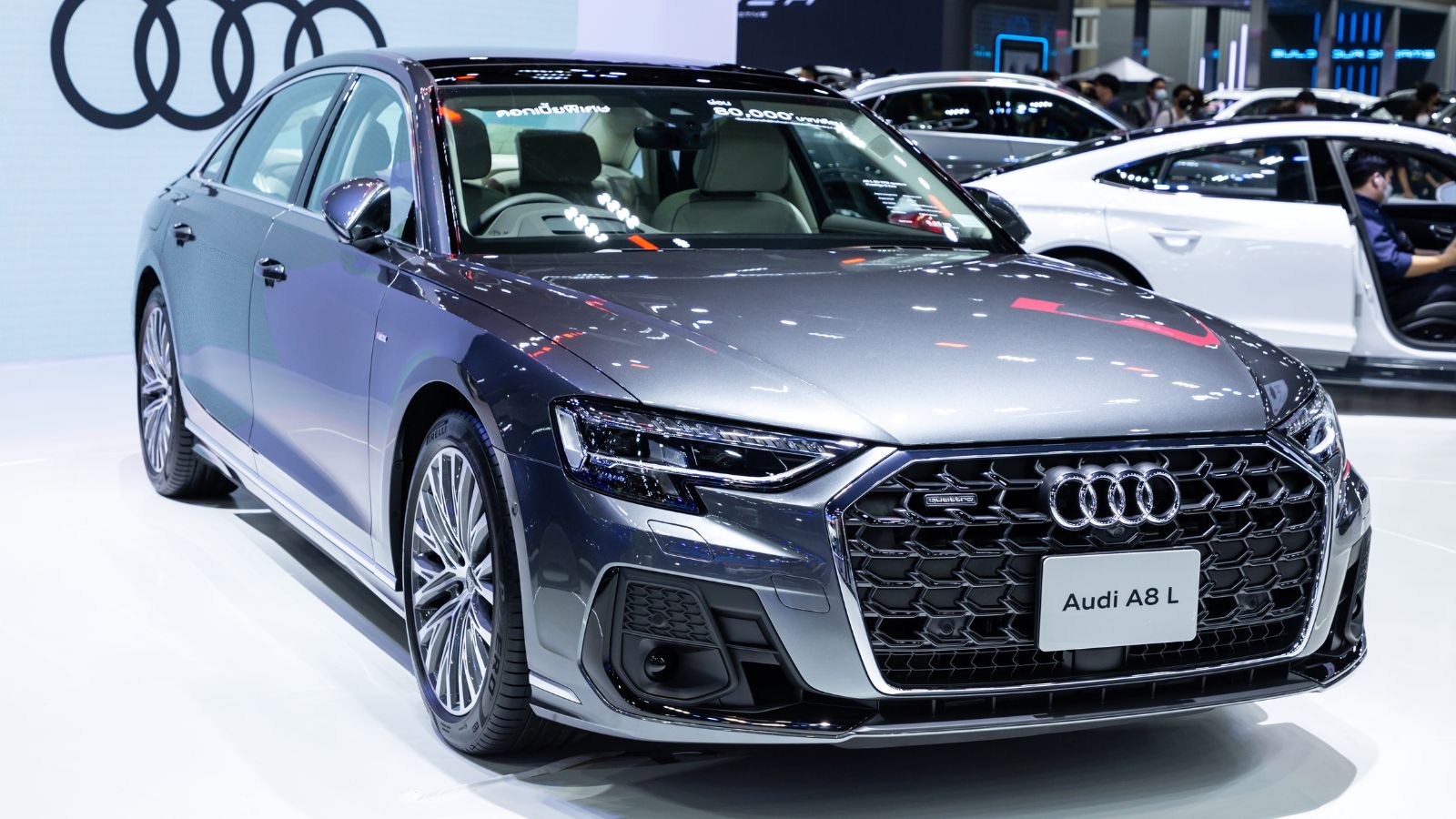
The 2017 Audi A8 took a significant leap forward in autonomous driving technology with its Traffic Jam Pilot system. This Level 3 autonomous driving system could take complete control of the car in slow-moving traffic up to 37 mph, allowing the driver to take their hands off the wheel and focus on other tasks. The A8 also featured advanced sensor fusion technology combining data from multiple sensors to create a comprehensive view of the vehicle’s surroundings.
Jaguar I-PACE (2018)
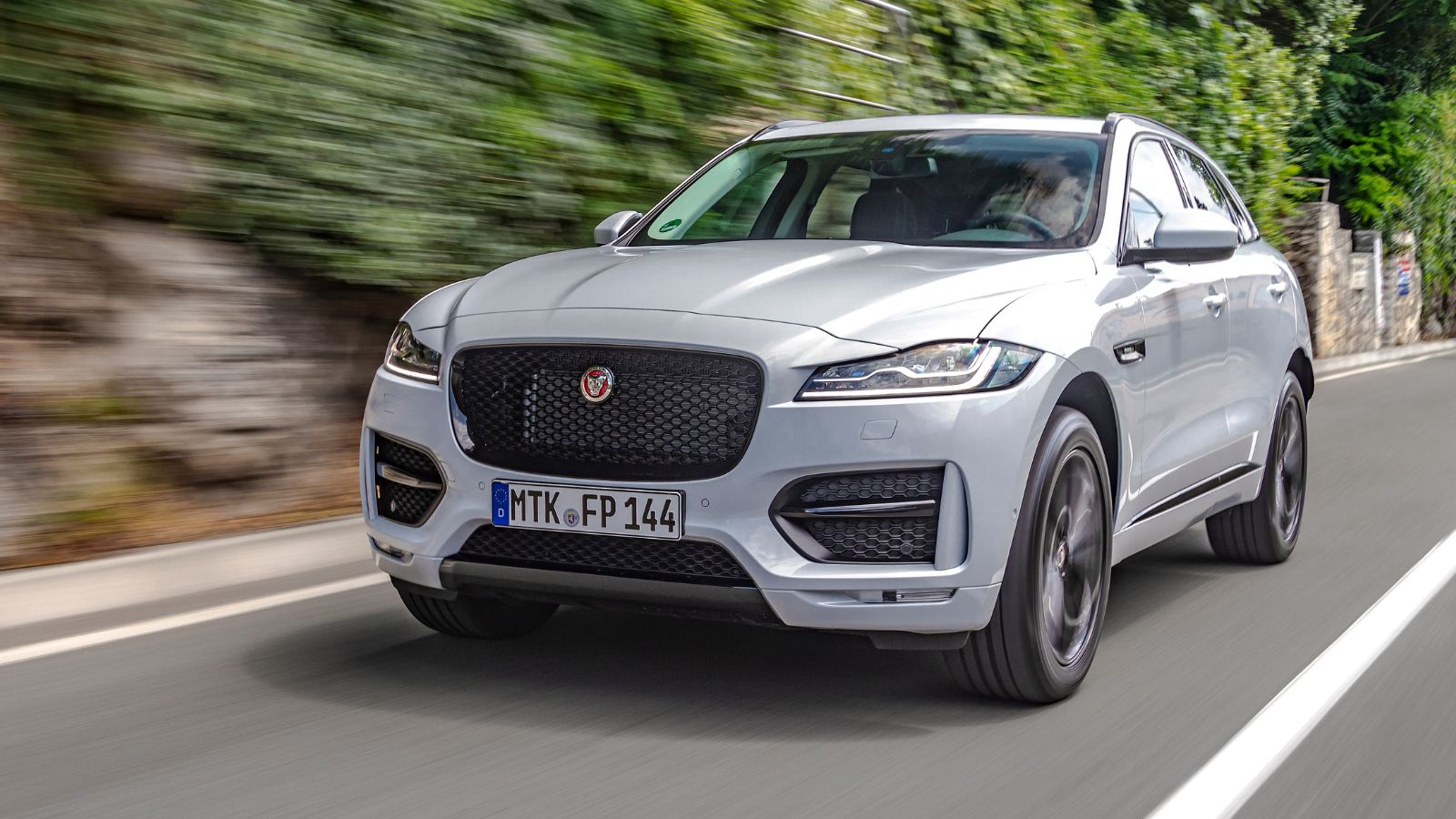
The Jaguar I-PACE, launched in 2018, was a revolutionary step for the British automaker, marking its entry into the electric vehicle market. The I-PACE featured a state-of-the-art 90 kWh lithium-ion battery providing up to 234 miles of range. Its dual electric motors delivered exceptional performance, making it one of the first electric SUVs to combine luxury, performance, and practicality. The I-PACE also introduced an innovative thermal management system, optimizing battery performance in varying temperatures and enhancing its range and efficiency.
Tesla Model 3 (2017)
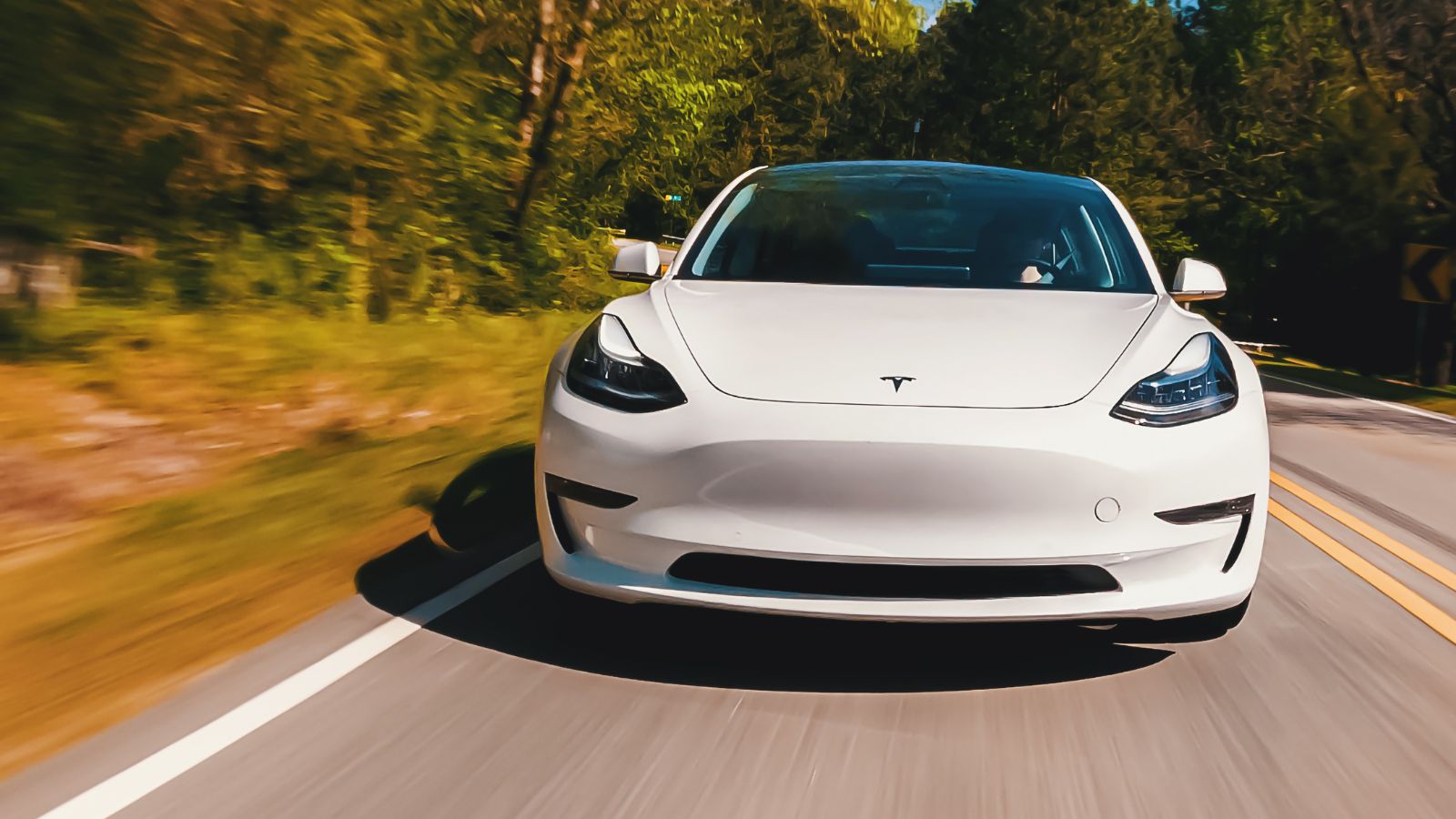
The Tesla Model 3 was a game-changer for the EV market, bringing Tesla’s advanced technology to a broader audience. Launched in 2017, the Model 3 featured a minimalist interior with a large touchscreen interface, setting a new standard for in-car technology. Its Autopilot system, which included features like traffic-aware cruise control and automatic lane-keeping, made advanced driver assistance more accessible.
Hyundai Nexo (2018)
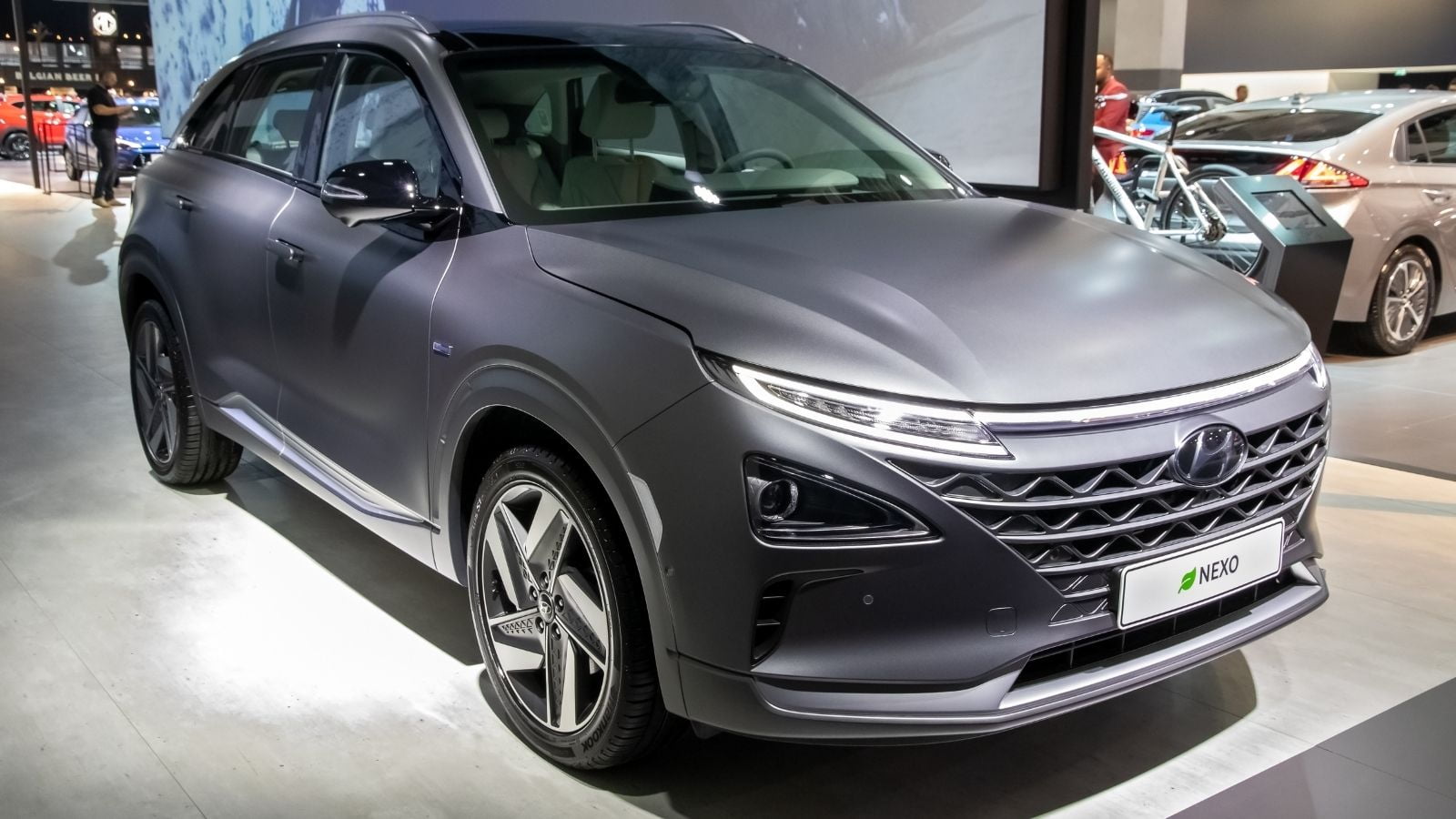
The Hyundai Nexo, introduced in 2018, showcased the potential of hydrogen fuel cell technology. As one of the first commercially available hydrogen fuel cell vehicles, the Nexo offered a range of up to 380 miles on a single hydrogen tank and emitted only water vapor. It featured advanced driver-assistance technologies, including a remote parking system and Highway Driving Assist, which combined adaptive cruise control with lane-keeping assistance.
Porsche Taycan (2019)
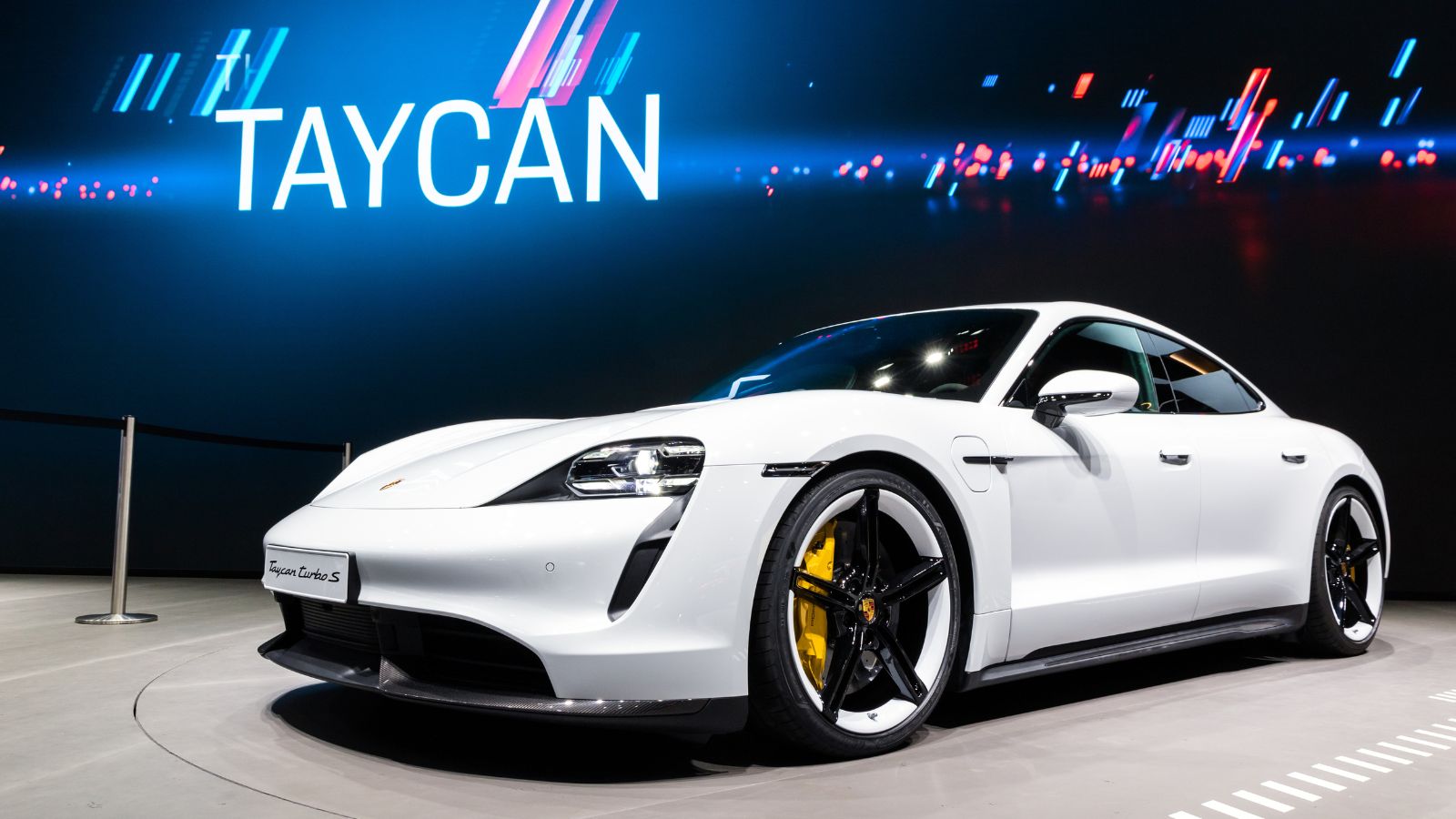
The Porsche Taycan, launched in 2019, set new standards for electric performance cars. It was the first production EV to use an 800-volt electrical system, enabling faster charging and improved performance. The Taycan’s innovative two-speed transmission provided both quick acceleration and high-speed efficiency. Its advanced thermal management system ensured optimal battery performance under all conditions. The Taycan also featured Porsche’s signature driving dynamics, proving that electric vehicles could deliver a thrilling driving experience without compromising technology or efficiency.
The 10 Most Reliable Car Brands According to Mechanics
When choosing a car, one of the most crucial factors is reliability. But what exactly does it mean when we say a car is reliable? Reliability refers to the vehicle’s ability to perform consistently well over time with minimal issues. A reliable car requires fewer repairs, is cost-effective to maintain, and offers peace of mind to the owner. In this article, we delve into the ten most reliable car brands according to mechanics, explaining why these brands are trusted and highlighting endorsements from institutions, car experts, and reputable websites. The 10 Most Reliable Car Brands According to Mechanics
